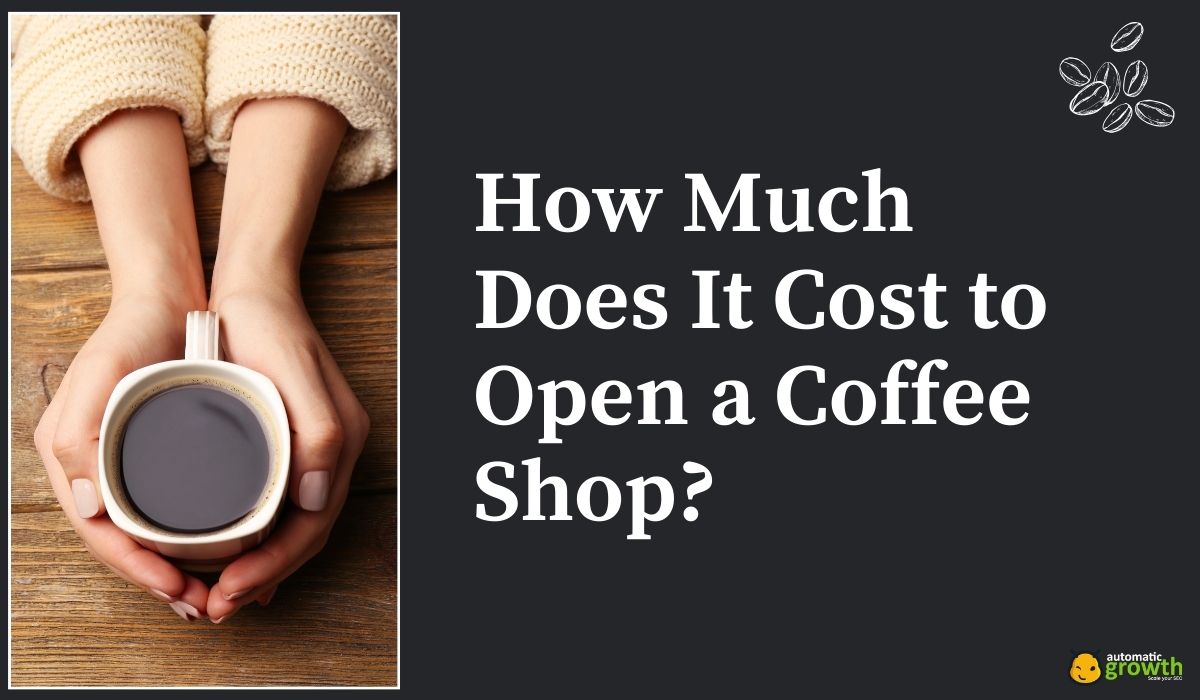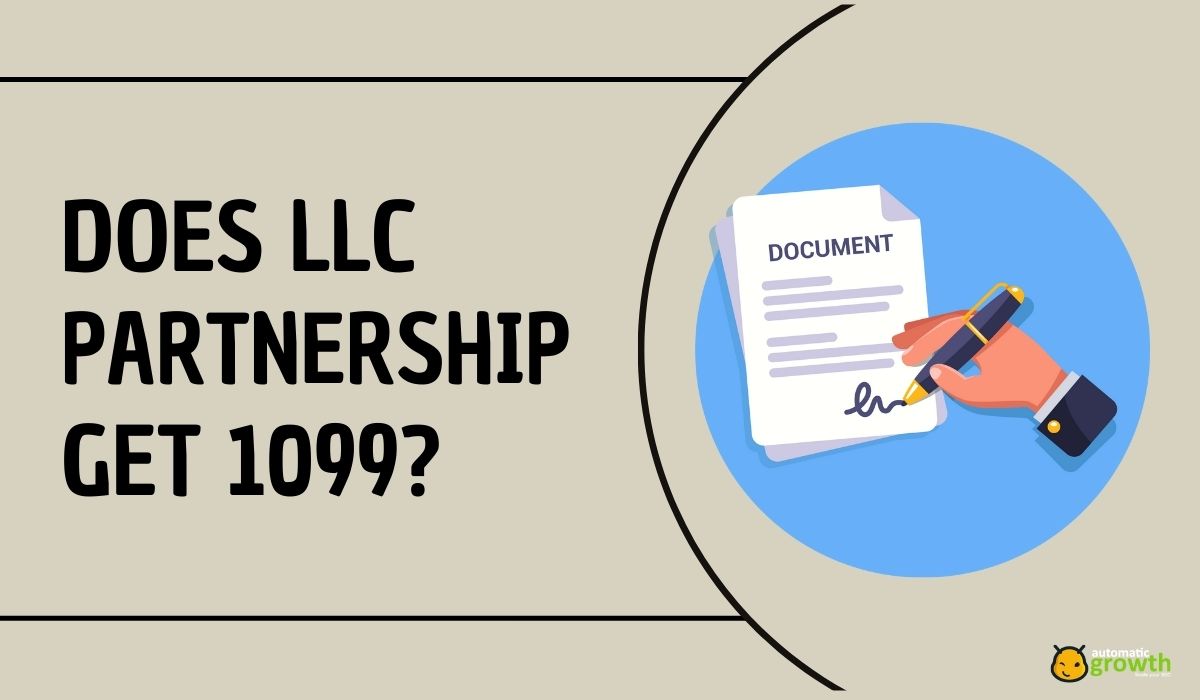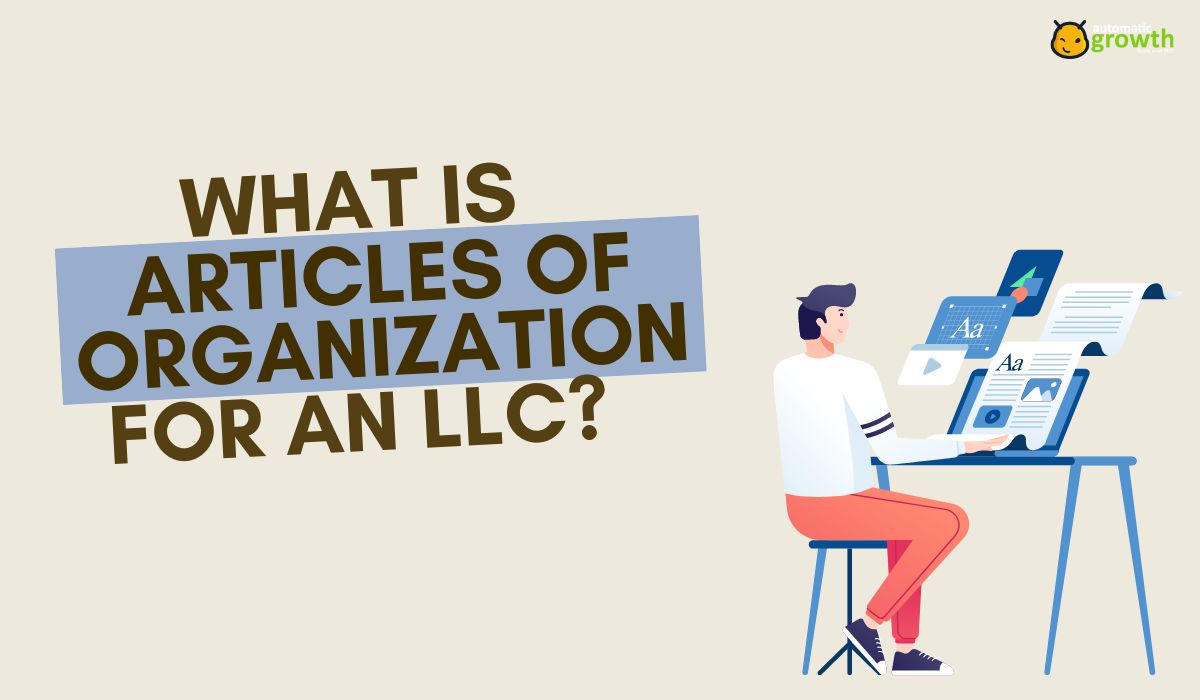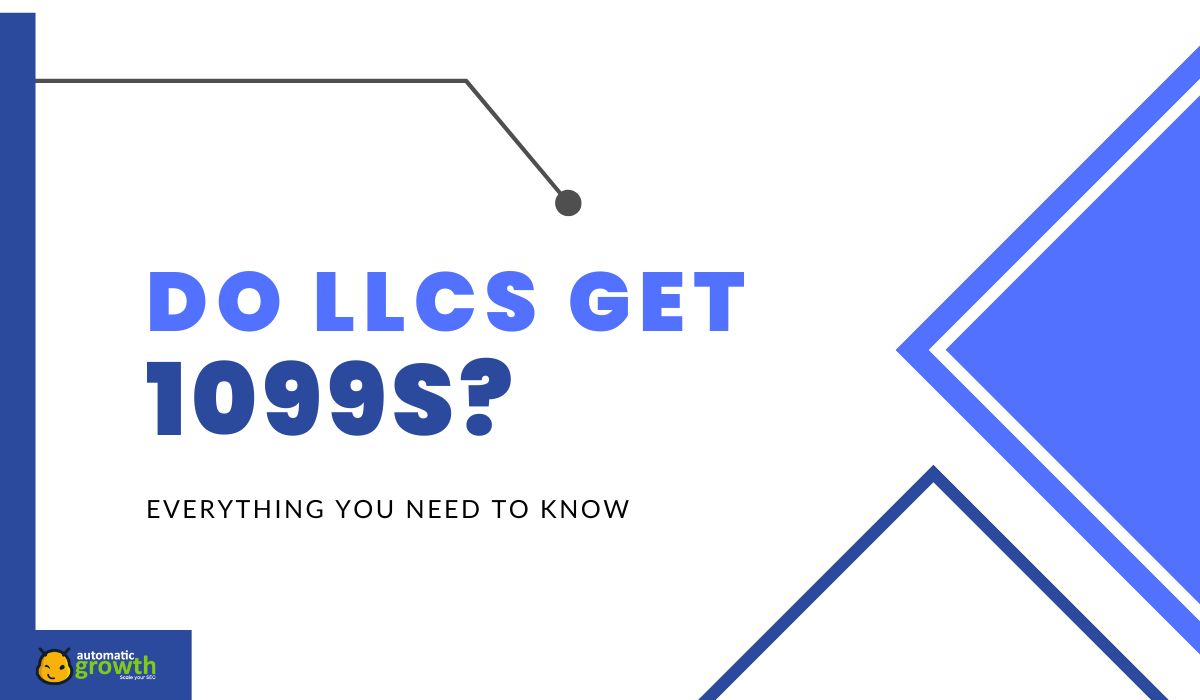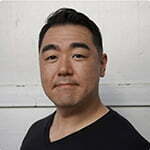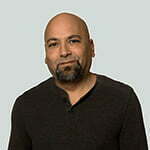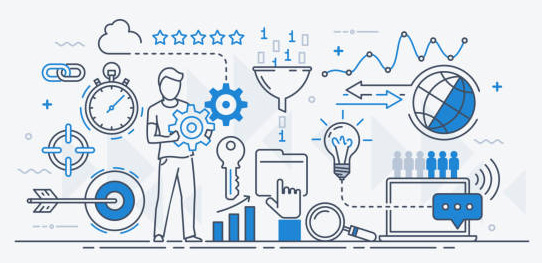The dream of opening a coffee shop often brews in the minds of many aspiring entrepreneurs and coffee aficionados. However, beyond love for coffee, there's a pragmatic side to consider: the financial investment. Starting a cafe business is not just about passion for the beverage; it's also about understanding the startup costs involved.
If you’re an aspiring coffee shop owner, you might be wondering: How much does it cost to open a coffee shop? From securing a prime location to stocking the finest beans, every decision comes with its price tag. In this guide, we'll break down the expenses associated with launching your coffee haven, helping you prepare for a successful and sustainable business venture.
Breaking Down the Average Capital for a Coffee Shop
So, how much does it cost to open a coffee shop? Estimating the precise cost of opening a coffee shop can be challenging. Much of your initial investment depends on your chosen location and the specific amenities you plan to offer. But let’s take a closer look at the market average.
Based on insights from the renowned coffee chain Crimson Cup, the investment typically ranges from $80,000 to $300,000. This cost fluctuates based on factors such as the shop's size, offered services, equipment, and other unique business-specific variables.
-
Coffee shop (seating only): Ranges from $80,000 to $330,000
-
Drive-thru-only coffee shop: Estimates between $80,000 to $230,000
-
Combination of seating and drive-thru coffee shop: Between $80,000 and $400,000
-
Coffee kiosk, stand, or mobile cart: Approximately $60,000 to $125,000
-
Coffee-focused food truck: Expected costs are $50,000 to $175,000
-
Incorporating a brew bar into an existing coffee venue: From $1,500 (equipment only) to $30,000
-
Introducing specialty coffee to an existing bakery or cafe: Costs lie between $25,000 and $80,000
Coffee Shop Startup Costs
Many restaurant businesses, including cafes, operate on slim profit margins. Hence, it is essential to secure a prime location, craft a robust business plan, and design an efficient cafe layout. By thoroughly understanding the initial expenses and recurring costs, you'll gain a clearer perspective on launching your cafe successfully. Let’s take a closer look at the anticipated startup costs for a coffee shop:
1. Location
Your primary expense will likely be your rent or mortgage. While buying or constructing a coffee shop location demands a higher initial investment compared to leasing, even leasing may require an upfront payment covering the first and last month's rent.
In terms of securing a space for your upcoming cafe, you'll face choices: leasing, purchasing, or constructing from the ground up. Often, repurposing an existing restaurant or coffee outlet proves to be both easier and more cost-efficient than initiating a build from zero.
2. Utilities
Throughout the construction and renovation phases of your coffee shop, it's essential to have all necessary utilities functioning. These utilities encompass not only the basics like gas, electricity, and water but also modern necessities such as a stable internet connection.
For a cafe or restaurant space under 4,000 square feet, monthly utility costs generally fall between $1,000 and $1,300. It's worth noting that for spaces larger than this, costs can gravitate towards the higher end of this range or even exceed it. Factors like the efficiency of appliances, regional utility rates, usage patterns, and the integration of energy-saving technologies can also influence these monthly expenses.
3. Cafe Equipment
Buying cafe equipment and other kitchen essentials is an essential step, and this can form a substantial chunk of your initial investment. In the modern cafe landscape, there's a trend towards adopting single-serve coffee machines. Yet, many remain loyal to the premium Italian espresso machines.
Depending on the sophistication and scale of your establishment, the expenses for cafe furnishings and kitchen essentials can range from $20,000 to $40,000. Here’s the average cost for cafe equipment:
-
Espresso Machine: Central to a cafe, costs range from $2,000 to $40,000 depending on size and quality.
-
Coffee Maker: To handle peak times, industrial drip coffee makers range from $50 to $2,500 based on features.
-
Coffee Grinder: For fresh brews, grinders cost between $500 and $2,500.
-
Dishwasher: Especially if offering seating, commercial dishwashers start around $3,000.
-
Refrigeration System: Essential for storing perishables, with costs from $500 to $12,000, depending on size.
-
Water Filtration System: To ensure coffee taste isn't compromised, expect to spend $1,500 to $10,000.
4. Inventory and Supplies
Maintaining a well-stocked inventory is pivotal for cafes and restaurants. Before opening, ensure you have all essential items and stocks on hand, including a reserve for emergencies. Train your staff efficiently and ensure items like coffee beans, cups, lids, and sleeves are readily available.
-
Coffee: The average cost is $8.50 per pound; specialty varieties can go up to $29 per pound. Initial budget: approximately $1,000.
-
Milk & Alternatives: Whole milk costs about $4.40 per gallon, while alternatives like soy or almond milk average $4.29 for half a gallon. Initial budget for alternatives: $100.
-
Sugar Packets: A pack of 2000 costs around $30. Budget suggestion: $100.
-
Coffee Syrups: Popular flavors include vanilla and caramel, with a 25.4-ounce bottle priced at about $4.50. Suggested budget: $100.
-
Teas: Diverse options can be offered, priced at $2-$3 per ounce.
-
Pastries Ingredients: Depending on the variety and volume, allocate between $500 to $1,000 for initial ingredients like butter and flour.
Depending on your cafe's size and theme, inventory costs might range from $20,000 to $120,000. Cafes that consistently have a comprehensive inventory gain a competitive edge. Anticipate monthly food expenses to be between $5,000 and $25,000, depending on your offerings.
5. Decor
The ambiance of a cafe can significantly influence its popularity. Recall the memorable setting of Central Perk in Friends or the familiar feel of a Starbucks. Your design choice sets the mood, be it minimalistic, bohemian, or rustic. Anticipate allocating about $10,000 for your desired theme.
Regardless of whether you offer seating, ensure your cafe emanates warmth and comfort. Aspects to factor into your decor budget include:
-
Lighting
-
Signage
-
Display units
-
Audio systems
-
Furniture
-
Landscaping
6. Technology
Customers often anticipate coffee shops to be tech-savvy, allowing them to order in advance online, opt for contactless payments, and access menus via QR codes. Embracing restaurant technology not only streamlines operations but also enhances the customer experience by offering them versatile ordering and payment options.
A vital component of this tech infrastructure is the Point of Sale (POS) system. When setting a budget for a POS in your coffee shop, consider both the physical equipment and software costs. You can expect to spend between $800 and $1500 on hardware, while software costs can vary from $30 to $200, contingent upon your chosen provider.
7. Labor Costs
Operating with insufficient staff or funds often leads to business failure. When planning, prioritize hiring the appropriate number of employees, including baristas for coffee preparation and a cafe or restaurant manager.
Securing experienced personnel from the restaurant sector can help you sidestep common pitfalls, ensuring both customers and employees have a rewarding experience. Typically, labor expenses in restaurants account for around 30% of the overall revenue.
8. Marketing and Promotions
Marketing and promotion are crucial for attracting customers to your coffee shop, especially when you're just starting out. No matter how high-end or well-equipped your coffee shop is, marketing can help shine the spotlight on your business. Depending on your business advertising campaign, you can spread the word about your coffee shop business through social media promotions, press releases, or traditional marketing.
9. Additional Costs
In the early stages of a coffee shop, rent, beverage ingredients, and wages can make up 85% of the total outgoings. This leaves a mere 15% for other vital expenses such as:
-
Fees for architects, lawyers, accountants, and business advisors
-
Employee training expenses
-
Business licensing fees
-
Loan repayments, including both principal and interest (if you've taken out a loan)
-
Income taxes, typically around 35% of operating profit, and other local levies like property tax
-
Miscellaneous costs like business insurance, everyday supplies (e.g., cups, napkins, stirrers), food items, required permits, office essentials, utilities, and maintenance
After thoroughly assessing these costs, tally them up. Ideally, you should have enough funds to support the initial setup and manage operational costs for the first half-year. That’s your starting budget for the coffee shop!
Is a Coffee Shop a Profitable Business?
Because of the hefty startup costs, many aspiring business owners are curious about the profitability of opening a coffee shop.
Coffee typically boasts a greater profit margin compared to many other food items, and coffee shops often run with less overhead compared to various other businesses. Typically, small coffee shop proprietors earn between $60,000 and $160,000 annually. Meanwhile, the coffee sector rakes in around $70 billion annually in national sales.
Operating a coffee shop may appear challenging, but with your enthusiasm, dedication, and business strategy, success is within reach. Ensuring you have a firm understanding of the financial aspects is essential for your success.
Frequently Asked Questions
1. How much does it cost to open a coffee shop?
While the costs can vary based on location, size, and type of the cafe, on average, opening a coffee shop can range from $50,000 to $500,000.
2. How much should I budget for rent?
Rent varies based on location and size but can account for a significant portion of your startup costs. Prime locations in city centers will typically cost more than suburban areas.
3. What are the major expenses when starting a coffee shop?
The primary expenses include rent, equipment, payroll, ingredients for drinks and food, interior decor, licenses, and marketing and promotion.
4. Do I need a large budget for equipment?
Equipment costs can vary. For instance, espresso machines can range from $2,000 to $40,000. Your overall equipment cost will depend on the machinery and tools you choose for your coffee shop.
5. Is it essential to budget for marketing and promotion?
Absolutely! Effective marketing and promotion can make a significant difference in attracting customers, especially when you first open. Costs can range from a few hundred to several thousand dollars, depending on your strategies.
Exploring Business Ventures With Low Startup Costs
Opening a coffee shop entails a blend of upfront and ongoing expenses, from securing a location and fitting out the interior to stocking up on essentials and managing operational costs. While the initial investment can vary widely based on location, size, and business model, careful financial planning and a keen understanding of the industry can help entrepreneurs navigate these expenses.
If you want to start a business but don’t have substantial capital, don’t lose hope. Unlock the secrets to low-cost, high-profit ventures! Dive into our comprehensive guide and kickstart your dream business today.

